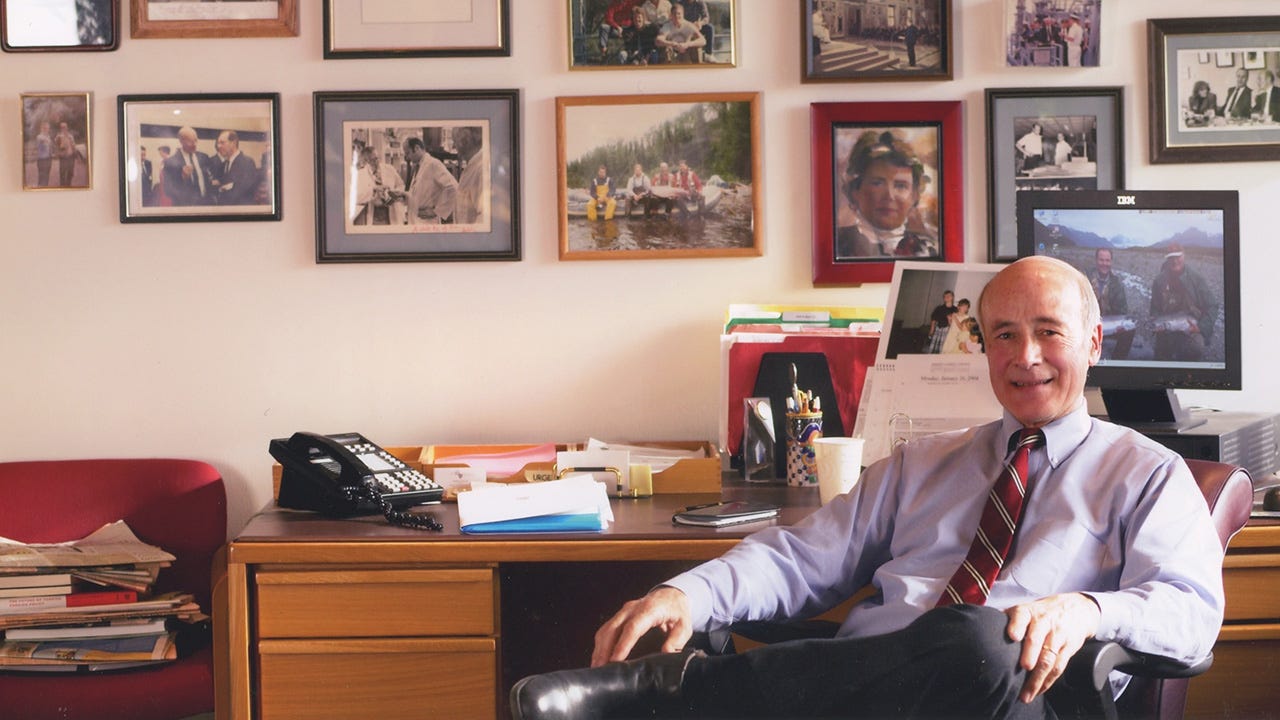The Time Joseph Nye Told Me His Life Story
The legendary scholar passed away at the age of 88
The legendary international relations scholar Joseph Nye passed away on May 6th at the age of 88. He’s best known, of course, for developing and advancing the idea of “soft power”—the ability to influence others and shape outcomes through attraction, persuasion, and cultural or ideological appeal rather than coercion or force. But over his singularly illustrious career, he authored hundreds of scholarly articles and dozens of books on international relations.
I had the opportunity to interview Joseph Nye twice for the podcast. Most recently, we sat down in person at the Aspen Security Forum a couple of years ago to discuss China’s unique (and somewhat flailing) attempt at wielding soft power. It was a great conversation, which you can find here.
Today, though, I wanted to share our conversation from way back in 2014.
At the time, the Global Dispatches podcast was a little different in tone and style than it is today. (And really, in 2014, no one quite knew what a podcast was!) I had essentially modeled the first 200 episodes or so on a podcast called WTF with Marc Maron, which featured in-depth interviews with people in the entertainment and comedy communities who would discuss their lives and careers. I’m not particularly funny and don’t know much about the entertainment industry, but I do have a passion and background in international relations and foreign policy—so I co-opted the interview style and applied it to journalists, academics, diplomats, and other famous and not-so-famous figures in international affairs.
Needless to say, I was thrilled to have the opportunity to conduct a long-form interview with Joseph Nye—someone who, as anyone who knew him could attest, was always generous with his time. We began our conversation talking about Russia’s (then recent) annexation of Crimea and occupation Ukraine, and what it suggests about long held ideas in international relations theory. We then pivot to his personal story, including his childhood in New Jersey and how his entry into the world of international relations was as an Africanist—he wrote an award-winning thesis as a Rhodes Scholar on decolonization in East Africa. Of course, we also discussed at length how he came up with the idea of “soft power,” which, as he explains, stemmed from an “a-ha!” moment while sitting in his kitchen.
We are all lucky to have lived in the time of Joseph Nye—and I’m particularly grateful to have had the opportunity to interview him. I’m happy to share that original interview with you here.
Rest in Soft Power, Dr. Nye.


